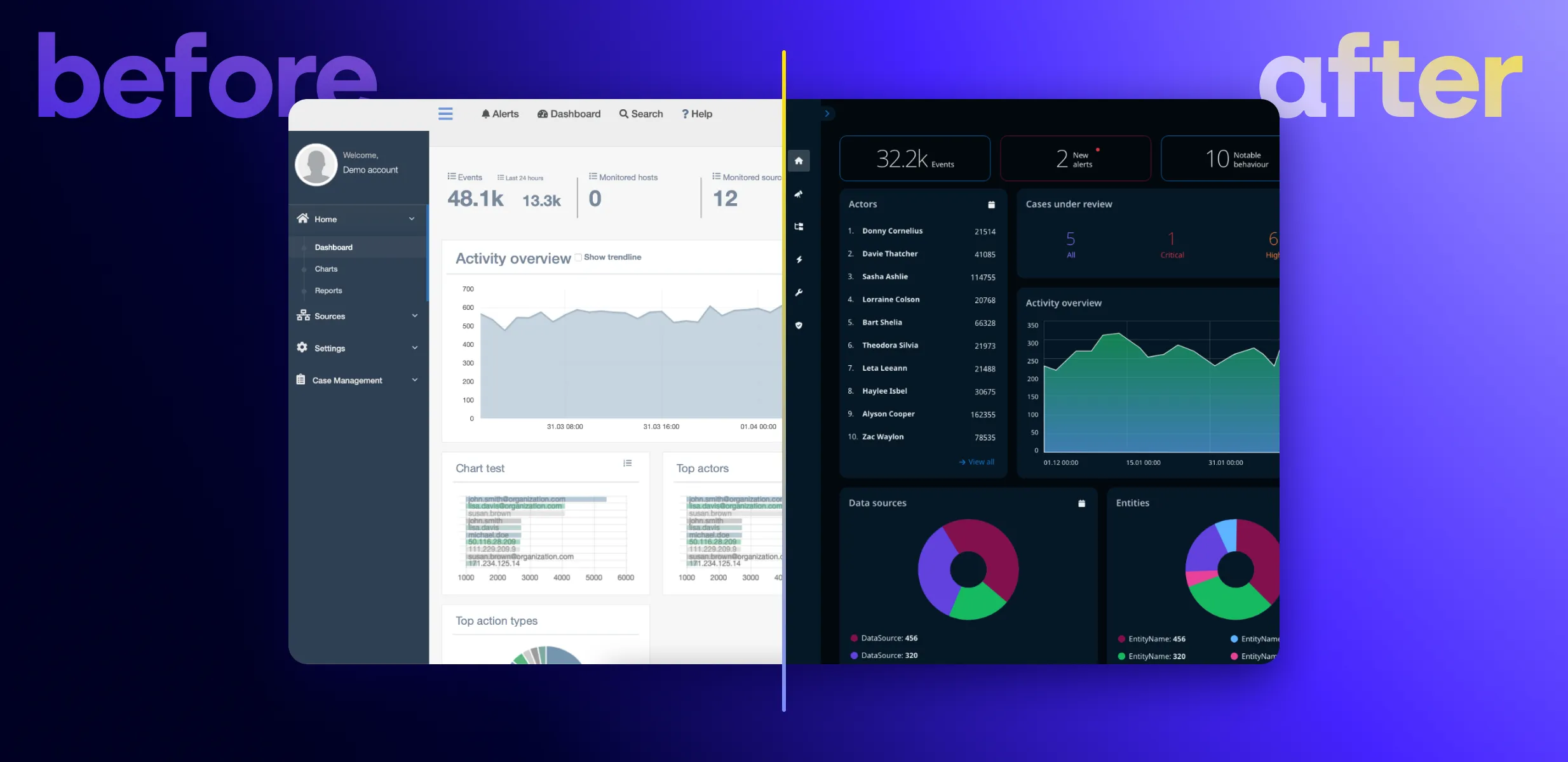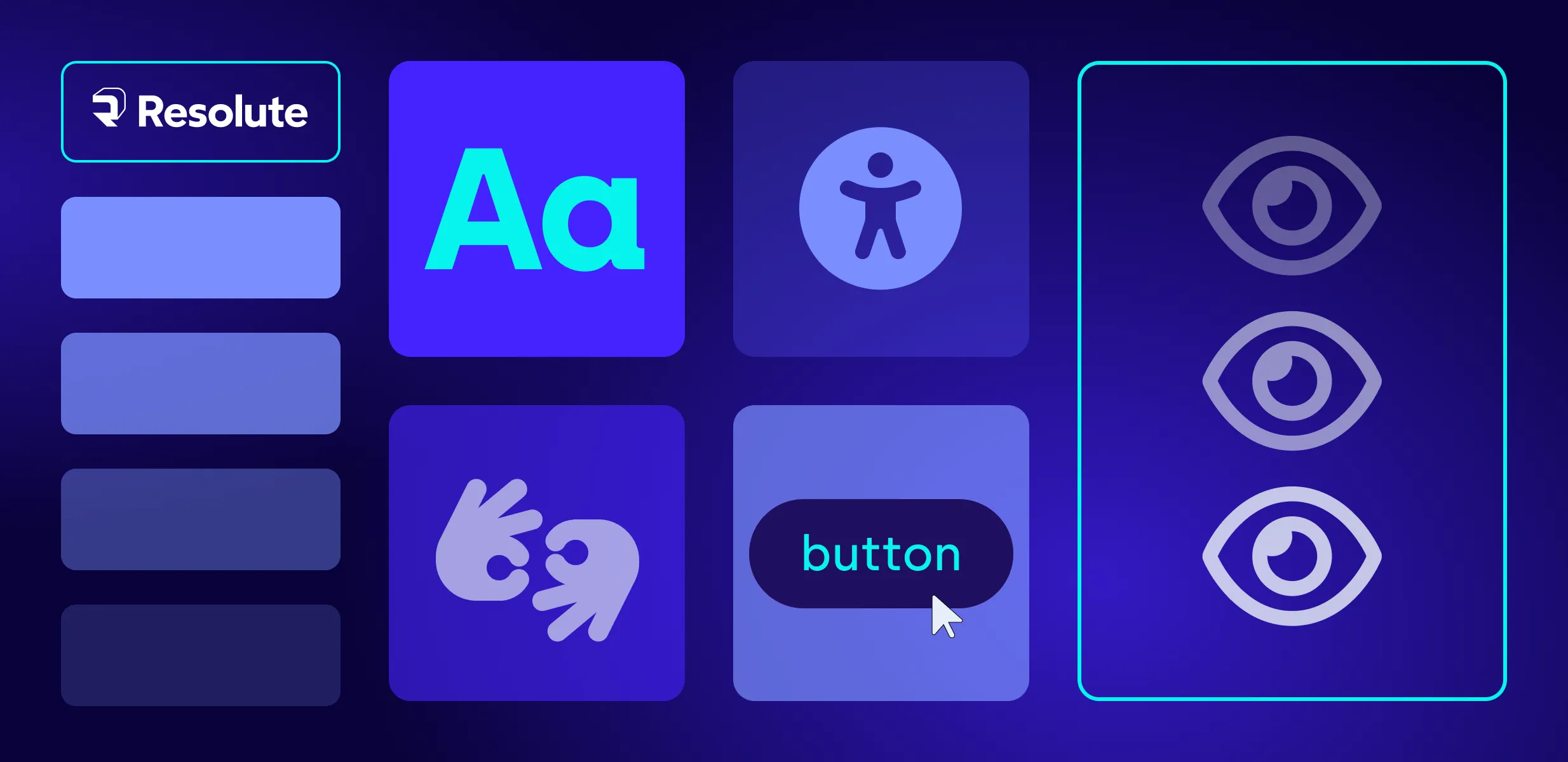
Benefit from compliance with Web Content Accessibility Guidelines

A solid online presence is crucial for business success. Organizations strive for extended market reach, engaged audiences, and customer loyalty. A strategic move that can help you achieve these goals and legal compliance is ensuring compliance with the Web Content Accessibility Guidelines (WCAG) and Americans with Disabilities Act (ADA) requirements.
Expand your market reach through accessible web content
According to the UN, around 1.3 billion people, or 1 in 6 of us, live with disabilities. In addition, the diverse environments and situations in which we access websites and apps mean that a vastly more significant number of people experience temporary or situational disability while interacting with online content. Accessibility compliance means creating an inclusive digital space that accommodates users of all abilities in all situations and environments. Adhering to WCAG and ADA guidelines allows businesses to open virtual doors to a broader audience. This inclusivity not only caters to people with disabilities but also addresses the diverse needs of customers, leading to increased user engagement and market reach.
Be legally compliant and prevent litigation
The legal landscape regarding web accessibility is evolving, with ADA compliance becoming more stringent. Failure to adhere to these guidelines may result in legal consequences, including lawsuits and financial penalties. Proactively ensuring that your website and apps comply with WCAG standards not only mitigates legal risks but also demonstrates your commitment to social responsibility and inclusivity.
While ADA is already in action in the USA, the EU member states are mandated to enforce the European accessibility act by July 2025.
Improve the user experience for everyone
Prioritizing web accessibility goes hand in hand with enhancing the overall user experience. Websites and apps designed with accessibility in mind are typically more user-friendly for everyone. Features such as straightforward navigation, easy-to-read content, and adaptable design not only benefit individuals with disabilities but also contribute to a more seamless and enjoyable experience for all users.
Demonstrate social responsibility and inclusivity
In today's socially conscious environment, consumers increasingly value businesses that prioritize inclusivity and diversity. By making your digital platforms accessible to everyone, you send a positive message about your company's values and commitment to equal opportunities. Embracing accessibility can enhance your brand reputation and foster a positive relationship with existing and potential customers.
Stay ahead of the competition
Staying ahead requires constant innovation and adaptation in an increasingly competitive business landscape. Accessibility compliance is becoming a standard expectation, and businesses that invest in it gain a competitive edge. By proactively meeting or exceeding WCAG and ADA requirements, you position your brand as forward-thinking and customer-focused, setting yourself apart from competitors who may lag in this area.
It is always a good time to invest in accessibility
Incorporating WCAG web accessibility guidelines and ADA requirements into your website and app development is not just a legal requirement but a strategic investment in your business's success. Embracing accessibility enhances your reach, improves user experience, and boosts your brand reputation, ultimately positioning your business as a leader in the digital landscape. As the world becomes more interconnected, ensuring that your online platforms are accessible to everyone is good business sense and a testament to your commitment to creating an inclusive and thriving digital community.
FAQ
Web accessibility is crucial as it expands your market reach, making your digital content inclusive for users with disabilities and those facing temporary or situational limitations. Compliance with WCAG and ADA guidelines not only opens virtual doors to a broader audience but also enhances user engagement and overall market reach.
Non-compliance with web accessibility standards, particularly ADA and soon-to-be-enforced European accessibility regulations, may lead to legal consequences such as lawsuits and financial penalties. Proactively ensuring your website complies with these standards not only mitigates legal risks but also showcases your commitment to social responsibility and inclusivity.
Prioritizing web accessibility contributes to a more user-friendly experience for everyone. Features such as straightforward navigation, easy-to-read content, and adaptable design not only benefit individuals with disabilities but also enhance the overall user experience. Accessible design elements create a more seamless and enjoyable interaction for all users.
In a socially conscious environment, making your digital platforms accessible sends a positive message about your company's values. By prioritizing inclusivity and diversity, you demonstrate social responsibility, enhancing your brand reputation and fostering positive relationships with customers. Accessibility becomes a powerful tool for showcasing your commitment to equal opportunities.
In an increasingly competitive business landscape, accessibility compliance sets your brand apart. Meeting or exceeding WCAG and ADA requirements positions your business as forward-thinking and customer-focused. Investing in accessibility not only meets a standard expectation but also gives your business a competitive edge, showcasing innovation and adaptability.






